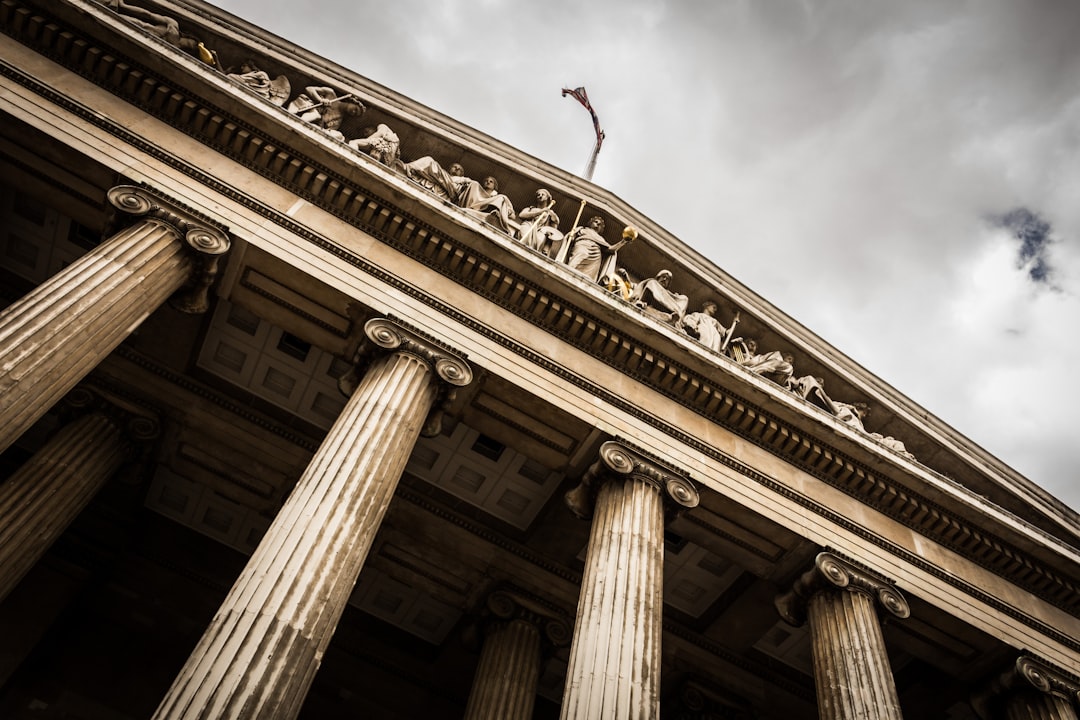In West Virginia, especially in Charleston, entities using autodialers for communication must comply with both state and federal regulations, primarily the Telephone Consumer Protection Act (TCPA) and West Virginia's Telemarketing Act. Key compliance requirements include obtaining prior express written consent, providing clear opt-out mechanisms, and maintaining detailed records. Engaging an experienced autodialer Lawyer West Virginia or autodialer Attorney West Virginia from a reputable autodialer Law Firm West Virginia is crucial to navigate these regulations, avoid penalties, and potential lawsuits. This ensures compliance with the TCPA, maintains public trust, and protects citizens' privacy rights.
“In Charleston, West Virginia, understanding autodialer compliance is paramount for government entities to navigate legal frameworks effectively. This comprehensive guide delves into the intricate world of autodialer regulations, offering a clear roadmap for public sector organizations.
We explore the legal framework governing autodialer use in WV, including key considerations and best practices for compliant implementation. Moreover, we shed light on potential risks and consequences of non-compliance, highlighting significant case studies.
For government bodies seeking expert guidance, this article provides insights into selecting the right autodialer lawyer or law firm in West Virginia, ensuring proactive compliance and mitigating legal risks.”
The Legal Framework for Autodialer Compliance in West Virginia
In West Virginia, the legal framework governing autodialer compliance is a complex web that includes both state and federal regulations. The Telephone Consumer Protection Act (TCPA) sets national standards for how businesses can contact consumers via automated dialing systems. These laws are designed to protect individuals from unwanted phone calls, ensuring they have control over their privacy. West Virginia has also enacted its own legislation, such as the West Virginia Telemarketing Act, which complements federal rules and provides additional protections for residents.
Compliance with autodialer regulations requires government entities in Charleston to implement practices that respect consumer consent, prevent unauthorized calling, and maintain detailed records of call activities. This includes obtaining prior express written consent from individuals before placing automated calls, using an auto-dialer, and providing a clear and simple mechanism for consumers to opt out of future calls. Engaging the services of an experienced autodialer lawyer or attorney in West Virginia can help government agencies navigate this legal landscape, ensuring they meet all necessary requirements while avoiding potential penalties and lawsuits. Reputable autodialer law firms in West Virginia offer specialized knowledge and expertise to guide clients through compliance processes, fostering a responsible and effective use of autodialer technology.
– Overview of relevant laws and regulations
In Charleston and across West Virginia, government entities must navigate a complex web of laws and regulations when it comes to using autodialers for communication. These technologies, while efficient, raise significant privacy concerns that are addressed by state and federal legislation. Key laws like the Telephone Consumer Protection Act (TCPA) and West Virginia’s own Consumer Telemarketing Protection Act set strict guidelines on automated calls, including those made via autodialers.
Entities using autodialing services must ensure compliance to avoid substantial fines and legal repercussions. This involves obtaining proper consent from individuals before dialing, providing a way to opt out of future calls, and adhering to restrictions on the timing and frequency of automated messages. Engaging the services of an experienced autodialer lawyer or attorney in West Virginia can help government bodies navigate this regulatory landscape effectively, ensuring compliance and protecting their operations from potential legal challenges.
– Key considerations for government entities
For government entities in Charleston navigating Autodialer compliance, several key considerations demand attention. Firstly, ensuring adherence to state and federal regulations related to autodialers is paramount. These rules govern not only the permissible uses of automated dialing systems but also the manner in which they can be employed to contact citizens. Government bodies must engage an autodialer lawyer West Virginia or an autodialer attorney West Virginia with deep expertise in these laws to avoid penalties and maintain public trust.
Additionally, maintaining proper documentation and transparency about autodialer usage is crucial. Records of every automated call, including dates, times, and the nature of contact, must be meticulously kept. An autodialer law firm West Virginia can help establish robust internal protocols for managing these systems, ensuring compliance with best practices and legal standards. This includes understanding when and how to obtain consent from individuals whose numbers are dialed, thereby protecting both citizens’ privacy rights and the entity’s legal standing.
Navigating autodialer Use: Best Practices for Public Sector Organizations
Navigating the use of autodialers in government entities requires a deep understanding of compliance regulations to ensure effective and legal communication strategies. Public sector organizations must adhere to strict rules when employing automated dialing systems, particularly in contact with citizens, to maintain transparency and respect for individual privacy. An autodialer lawyer West Virginia can offer invaluable guidance on these matters.
Best practices involve seeking expert advice from an autodialer attorney West Virginia or a specialized law firm to ensure compliance with the Telephone Consumer Protection Act (TCPA) and other relevant state laws. This includes obtaining proper consent, providing clear opt-out options, and accurately identifying the purpose of calls. Regular reviews of autodialer use policies and training sessions for staff can help prevent non-compliance issues, ensuring government entities maintain high ethical standards in their communication practices while leveraging technology to serve constituents more efficiently.






